Find out about the stress-GI symptom cycle and how working with a licensed gut-brain specialist can help.
-

Bloating & Gas How to relieve lower & upper stomach pain: The ultimate guide
Read More -

Diarrhea Can stress cause diarrhea? Here’s the connection—and how to manage it
Read More -
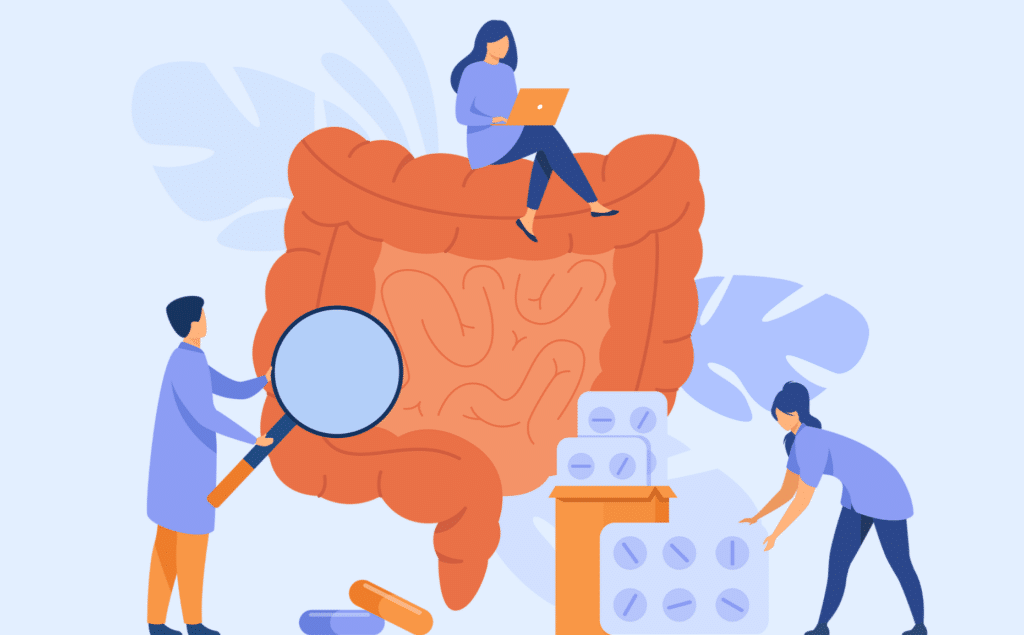
Gut-Brain Connection Early signs of gastrointestinal disease you shouldn’t ignore
Read More -

Gut-Brain Connection Virtual gastroenterology care 101: Everything you need to know about seeing a GI provider online
Read More -

Gut-Brain Connection How to heal your gut: 6 science-backed ways to improve gut health and digestion
Read More -
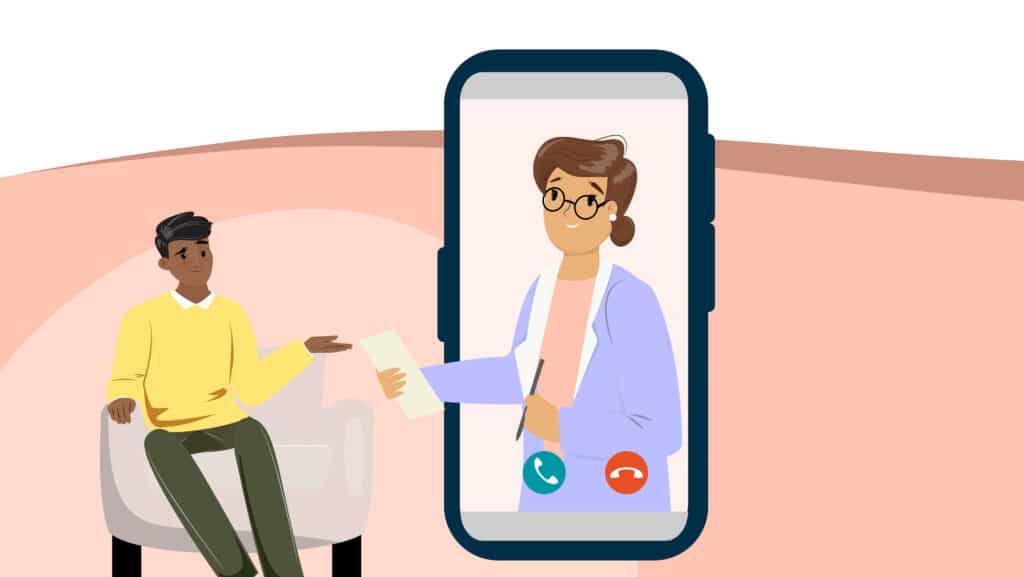
Gut-Brain Connection Your partner in gut health: How an Oshi GI psychologist can help you thrive
Read More -
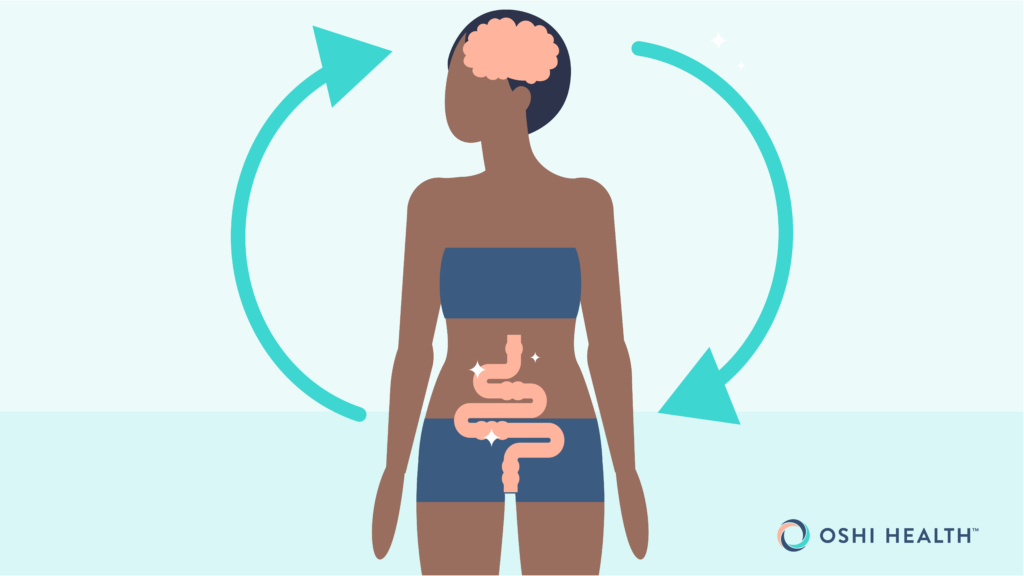
Gut-Brain Connection The gut-brain connection: The secret behind how gut health affects mental health
Have you ever felt knots in your stomach before a first date or an unexpected one-on-one with your boss? Those knots are a gut reaction...
Read More -
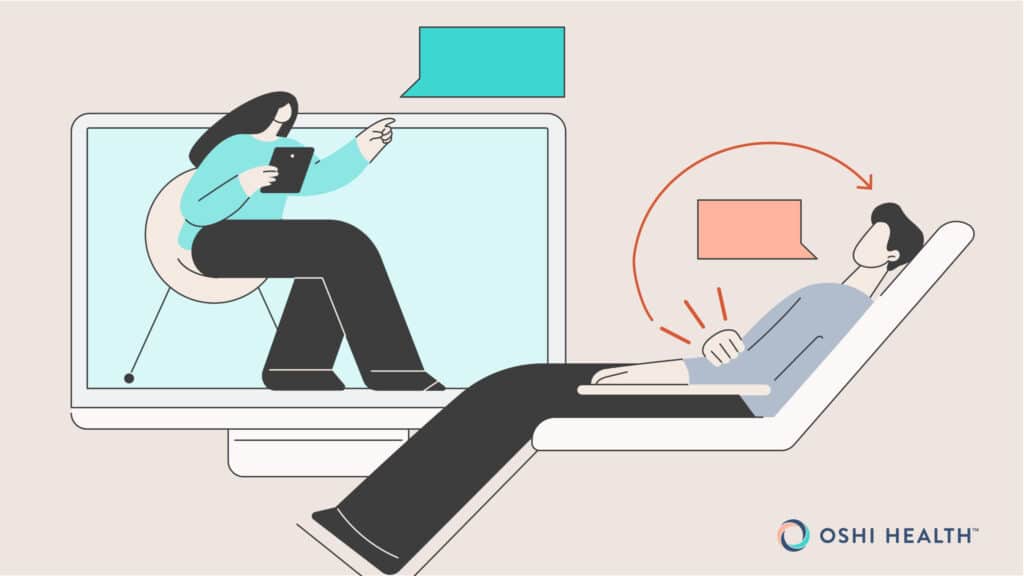
Constipation The benefits of working with a GI psychologist—and how to find the best one for you
A GI psychologist can provide personalized, evidence-based tools to improve the disrupted connection between your mind and digestive...
Read More -
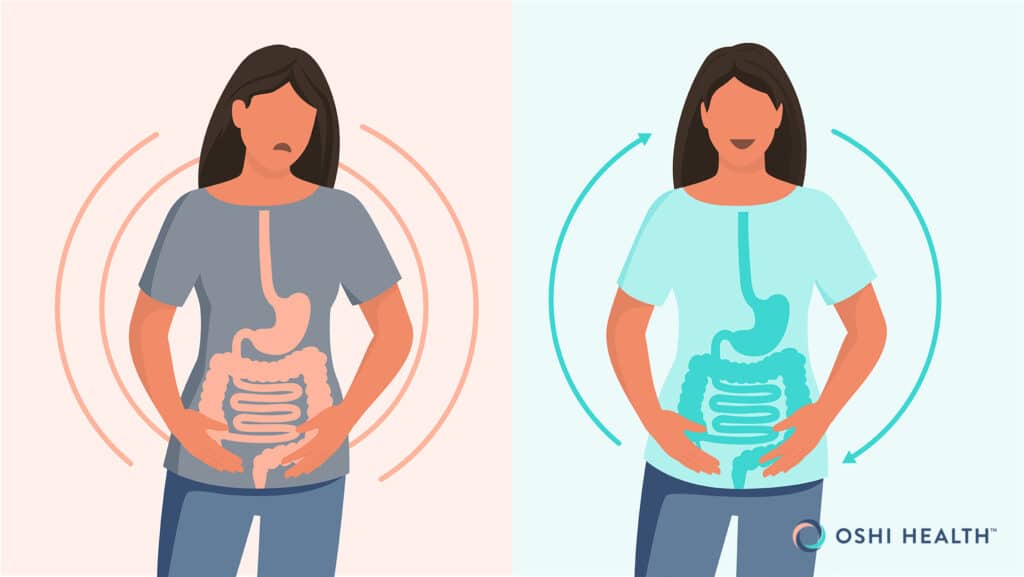
Gut-Brain Connection How to overcome anxiety and stomach issues
Everything you need to know about the gut-brain connection, and what you can do to treat anxiety-related GI symptoms.
Read More -

Gut-Brain Connection Looking for GI care? Here’s how to choose the best GI provider for you.
Choosing a GI provider to help you tackle digestive symptoms can be overwhelming, but it doesn't need to be.
Read More -

Diet & Nutrition Regaining control: Justin’s IBD story
Justin struggled with Crohn's flares for years, until he found Oshi's integrated GI care. Here's how he got back to living life on his...
Read More -
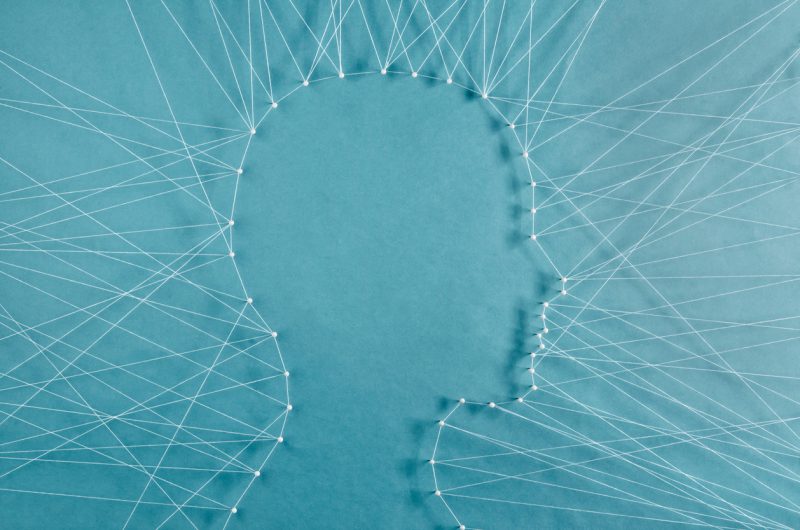
Gut-Brain Connection The inextricable link between mental health and GI symptoms
Have you noticed that a single distressing situation can trigger unexpected and urgent GI symptoms? That's the gut-brain connection at...
Read More